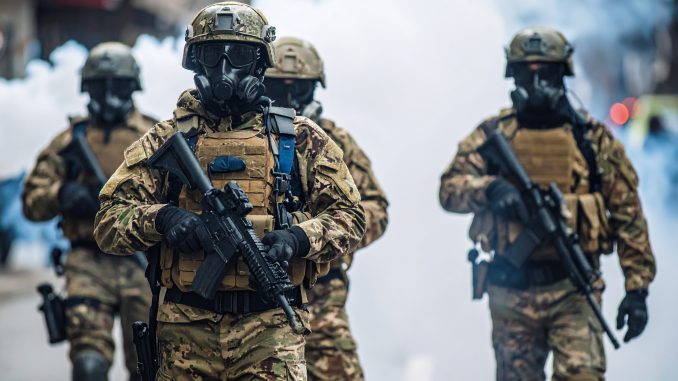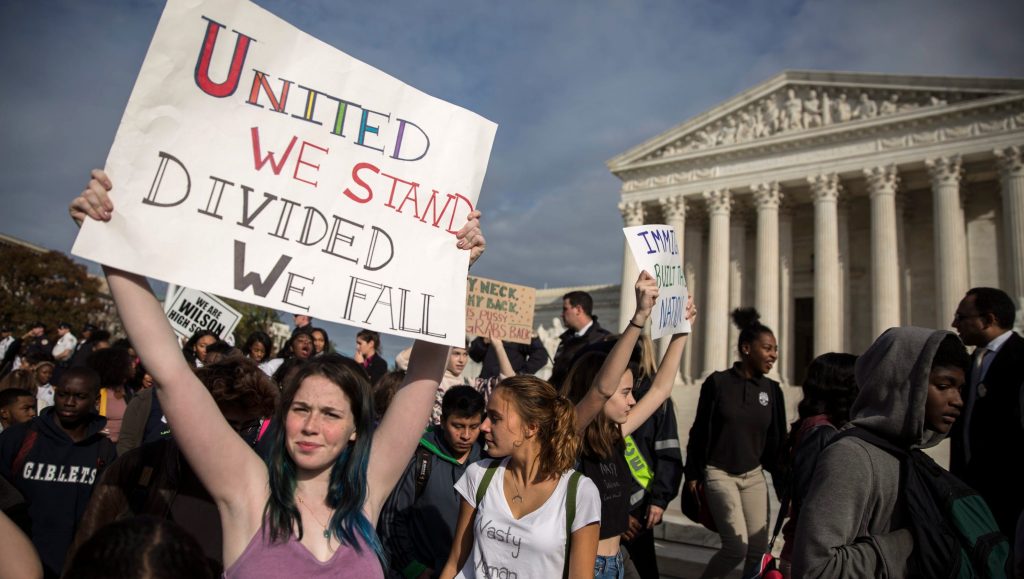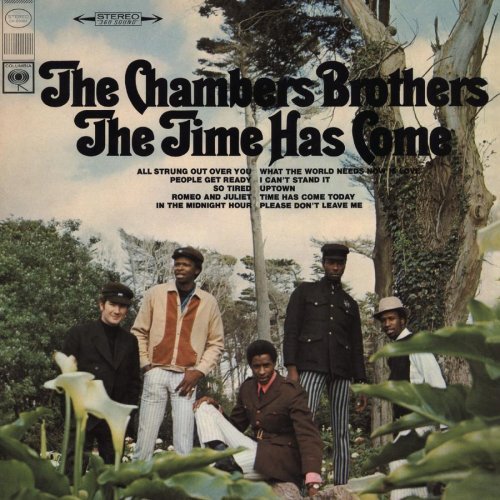
The Enduring Role of Protest in Shaping America
 From its very inception, the United States has been built upon a foundation of protest. The American Revolution itself was the culmination of organized dissent against British rule, with colonists employing boycotts, printed propaganda, and dramatic public demonstrations like the Boston Tea Party to challenge taxation without representation and other perceived injustices. Protest was not merely a means to an end; it became enshrined as a core American right with the ratification of the Constitution, which guarantees freedom of assembly, speech, and petition in the First Amendment[10][18]. This legacy established protest as a legitimate and vital tool for citizens to seek redress and effect change.
From its very inception, the United States has been built upon a foundation of protest. The American Revolution itself was the culmination of organized dissent against British rule, with colonists employing boycotts, printed propaganda, and dramatic public demonstrations like the Boston Tea Party to challenge taxation without representation and other perceived injustices. Protest was not merely a means to an end; it became enshrined as a core American right with the ratification of the Constitution, which guarantees freedom of assembly, speech, and petition in the First Amendment[10][18]. This legacy established protest as a legitimate and vital tool for citizens to seek redress and effect change.
Throughout U.S. history, protest has served as a catalyst for progress and reform. From the abolitionist movement and women’s suffrage to the labor strikes of the early 20th century, the Montgomery Bus Boycott, and the massive civil rights marches of the 1960s, Americans have consistently used protest to challenge injustice and demand a more equitable society. The Vietnam War era, in particular, saw the largest antiwar movement in American history, with hundreds of thousands rallying against U.S. military involvement in Southeast Asia. These protests not only influenced public opinion and government policy but also inspired future generations to recognize dissent as a patriotic act.
Music as a Rallying Cry: Artists and Social Movements
Music has always been a powerful force in American protest movements, serving as both a unifying anthem and a vehicle for spreading messages of resistance. From spirituals sung by enslaved people to the folk songs of the labor and civil rights movements, artists have used music to inspire, mobilize, and heal communities in times of struggle. Songs like “We Shall Overcome” became synonymous with the civil rights movement, providing psychological strength and a sense of communal purpose during marches and sit-ins.
The 1960s and 1970s marked a golden era for protest music, as artists across genres addressed issues ranging from racial injustice to war and poverty. Figures such as Bob Dylan, Nina Simone, Sam Cooke, and Joan Baez wrote and performed songs that became anthems for change, amplifying the voices of the marginalized and galvanizing public action. Music’s ability to transcend language and cultural barriers made it an especially effective tool for uniting diverse groups around common causes.
The Chambers Brothers and the Vietnam Anti-War Movement
 Among the artists who left an indelible mark on the Vietnam anti-war movement were The Chambers Brothers, a group of siblings who fused gospel, soul, rock, and psychedelic sounds to create a distinctive musical voice for the era. Their iconic song “Time Has Come Today,” released in 1967, became a sonic emblem of the period’s social upheaval. With its hypnotic rhythms, urgent lyrics, and experimental structure, the song captured the restless energy of a generation demanding change.
Among the artists who left an indelible mark on the Vietnam anti-war movement were The Chambers Brothers, a group of siblings who fused gospel, soul, rock, and psychedelic sounds to create a distinctive musical voice for the era. Their iconic song “Time Has Come Today,” released in 1967, became a sonic emblem of the period’s social upheaval. With its hypnotic rhythms, urgent lyrics, and experimental structure, the song captured the restless energy of a generation demanding change.
“Time Has Come Today” resonated deeply with the youth and counterculture movements, its refrain—”Time has come today, young hearts can go their way”—serving as both a call to action and a declaration of independence from the status quo. While not overtly political in its lyrics, the song’s tone and timing made it a staple at rallies, protests, and antiwar gatherings. It was embraced by those fighting for civil rights, protesting the Vietnam War, and seeking personal and collective liberation. The Chambers Brothers’ electrifying live performances further cemented their role as musical activists, using their platform to advocate for racial equality and social justice.
Their music, alongside other protest anthems of the time, helped to politicize and energize the antiwar movement. It provided a soundtrack for marches and demonstrations, offering both solace and motivation to those who opposed the war. The song’s enduring popularity is a testament to its impact—not just as a piece of music, but as a cultural force that helped rally people to a common cause during one of the most turbulent periods in American history.
America: A Nation Built on Dissent
The story of American protest is inseparable from the nation’s identity. From the earliest acts of resistance against colonial rule to the mass movements for civil rights, peace, and justice, protest has been a driving force behind the country’s evolution. Artists like The Chambers Brothers have played a crucial role in this tradition, using music to give voice to the voiceless, unite disparate groups, and inspire action.
As history has shown, protest—whether through marches, sit-ins, or songs—remains an essential tool for Americans to confront wrongs and demand a better future. The legacy of protest music, and the artists who create it, continues to influence new generations, reminding us that the time for change is always now.





Be the first to comment